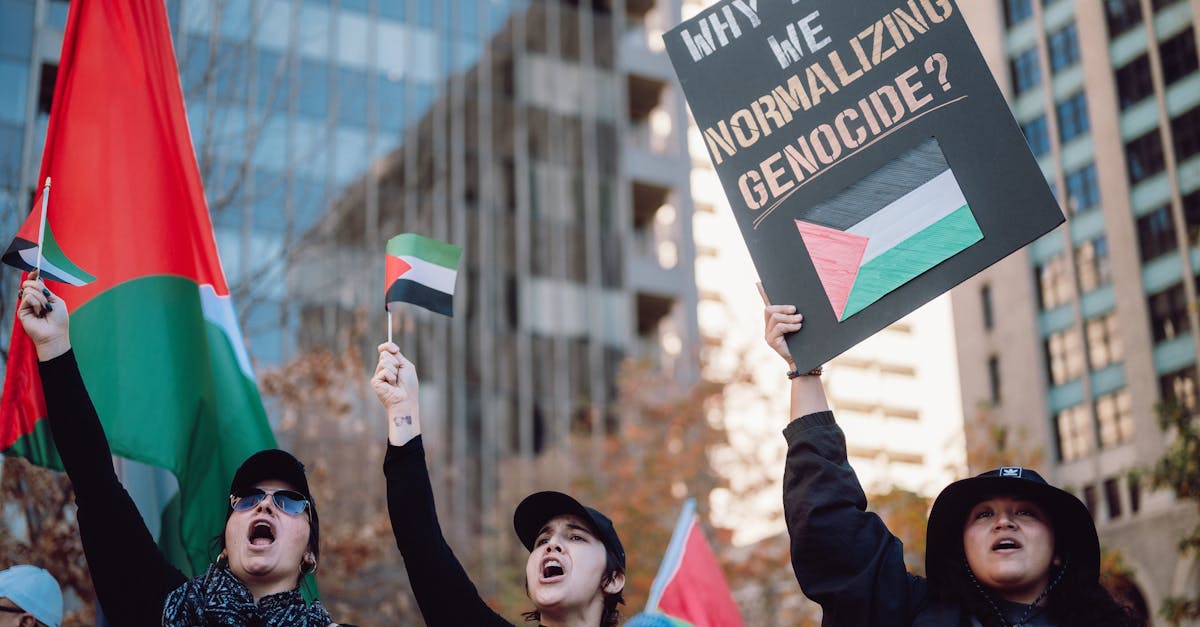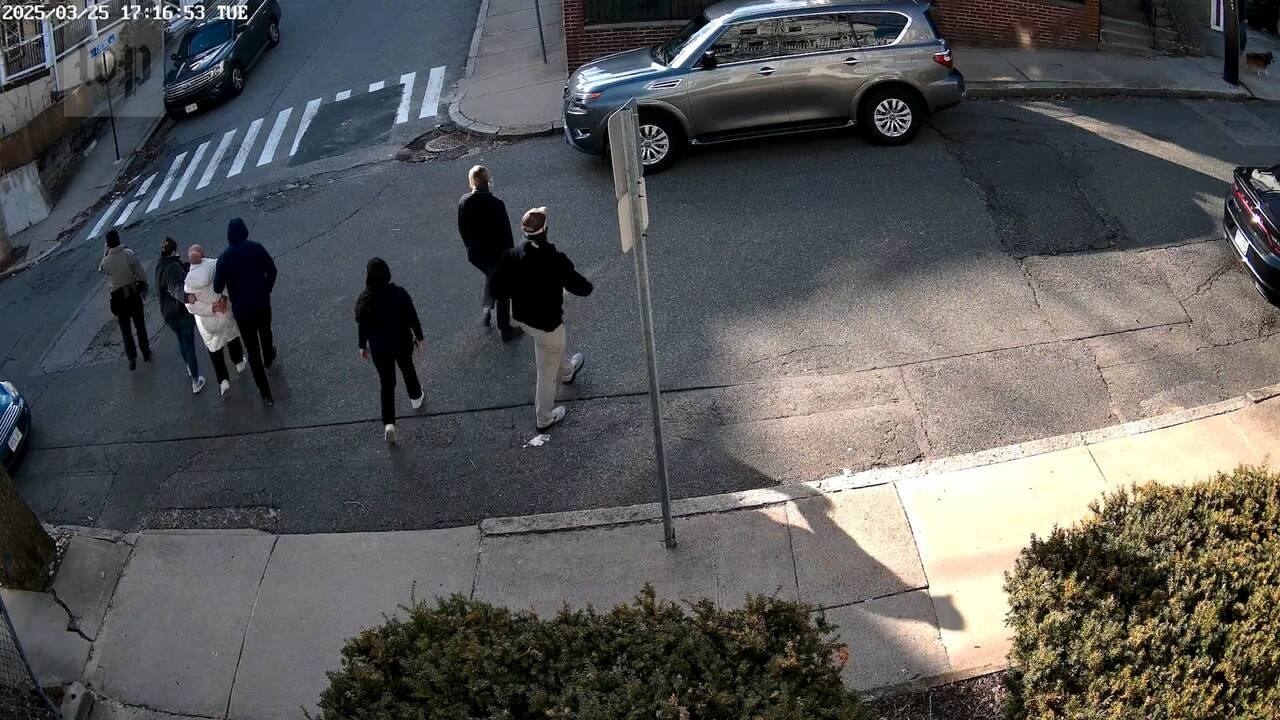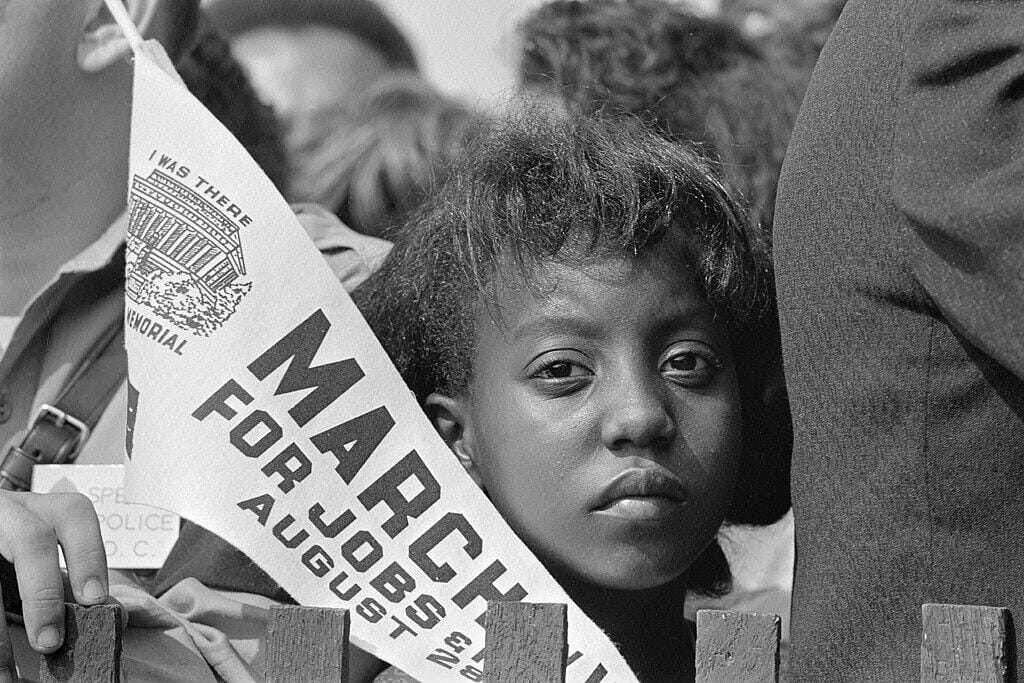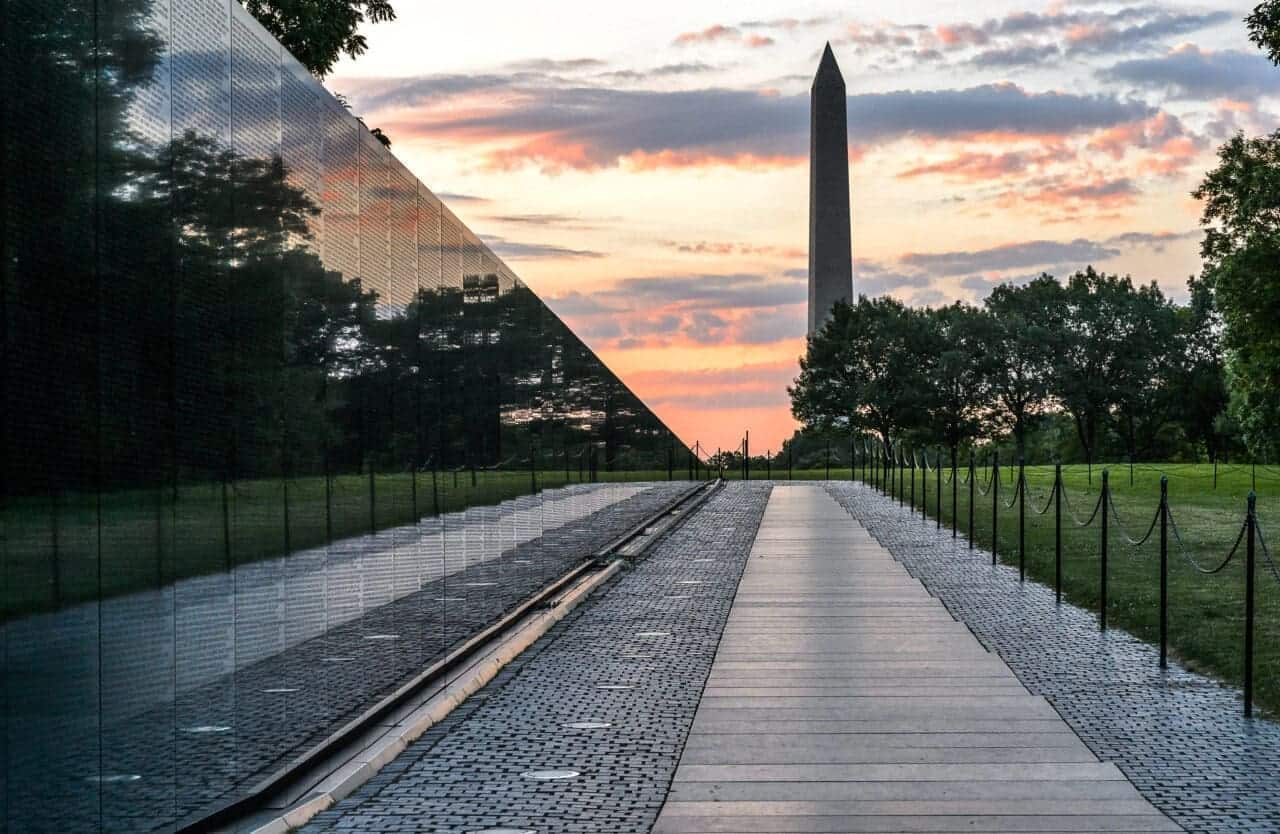This article was originally published by The Emancipator.
Editor: I love this piece from the Emancipator. Belonging is such an important concept at a time when politics are increasingly tribal and divisive. The country is dangerously polarized.
Freedom of speech and our right to protest is under attack. Our First Amendment rights are in danger.
College students who are Muslim or “non-White” are being abducted off the street and disappeared. Their Visas—and in some cases Green Cards—are being revoked. They haven’t been accused of or charged with a single offense.
The only thing these students are guilty of: standing up for a people being killed and starved. 18,000 children have been killed so far during a genocide that is being carried out for the purpose of stealing land. Our government is aiding and funding the atrocity.

They asked for peace at a protest or in an op-ed and for that they’re being kicked out of the country.
We have a leader who uses fear and anger to curry favor and demand loyalty. The President’s executive orders come fast and furious—full of hate and divisiion. He is tearing apart families, sending men to a dungeon in El Salvador with no due process.
He uses a shameful part of our country’s history to create the permission structure to violate their rights. Our Supreme Court just gave him permission to continue deporting people under the Alien Enemies Act.
At least 9 innocent men were sent to a foreign prison after being accused of membership in a Venezuelan gang. The Act provided cover for a the Administration to completely trample their rights.
The government didn’t have to prove that the men were gang members—that they were guilty of crimes.. They said so and that was the end of freedom for those men. A Maryland father was among them. A man who the Administration admitted was damned to a lifetime of torture “by mistake,” but when a judge ordered them to return him to his children—“We can’t.”
The Supreme Court put a hold on the judge’s order to bring him back to the U.S. “for now.” They know a judge granted him asylum and said he could never be deported back to El Salvador because his life would be in danger from the gangs there. He now sits in a prison in El Salvador among the most dangerous gangs and terrorists in El Salvador. But… no rush.
Belonging
A sense of belonging is what we all need right now. At a time when our leader is fomenting hate and attempting to erase the existence of the most vulnerable among us. We must stand together and declare that everyone is loved and we all belong here.
Halimah Abdulla of The Emancipator:
We are bound through roots, soil, blood, and flesh to indelible ancestral strands that anchor us.
And yet, our sense of belonging is also, at times, a fragile and amorphous thing made of shifting connections that continuously evolve, transform, and are born anew.
In this time of upheaval and uncertainty, our notions of belonging are being disrupted.
Career civil servants whose identities and livelihoods are tied to the patriotic notion of doing “the people’s business” have been brusquely denigrated and dismissed by the Trump administration.
International university students exercised free speech during last spring’s pro-Palestine protests on college campuses. They are now being snatched off the streets by ICE and forcibly removed as part of President Donald Trump’s crackdown on student activists who dared to exercise their right to dissent.

Trump has also unleashed ICE on cities with dense and racially diverse migrant populations to round up anyone suspected of breaking laws, as senior editor Frankie Huang recently wrote. Black and Brown people — a number of them in the country legally — have been recklessly profiled and detained as “collateral arrests.”
Journalists whose identities are forged by their service to the noble cause of a free press are being laid off en masse or, equally troubling, forced to watch news organization owners capitulate to the despotic whims of a racist regime run amok in betrayal of their profession.
The language and artifacts of inclusion housed within the Smithsonian Institution, civil rights and social justice monuments, and our national parks are under threat of erasure. Trump’s newest executive order “Restoring Truth and Sanity to American History,” which declares that such institutions have come under the influence of a “divisive, race-centered ideology,” is predicated on whitewashed narratives about our nation’s most treasured testaments to communities.

At The Emancipator, we are contemplating what it means to belong as we prepare to leave our founding home, Boston — a city that was once a cradle of the abolitionist movement — and build a new home in Washington, D.C. — the nation’s capital and the seat of political power.
In a moment in which so many in our nation are agonizing over displacement, it seems only fitting that this month we as a news magazine dissect what it means to belong.
In author Malavika Kannan’s recent sit-down with Viet Thanh Nguyen, the award-winning writer and scholar posed a critical question: “What does it mean to belong to an empire?” In answering, he interlaced the concept of belonging during our terrifying political moment — full-fledged war on DEI, First Amendment violations of protesters, and weaponization of American border security against students. His work is a call to action for the literature of dissent at a time when the right to dissent is under attack.
More than a century ago, Asian communities demanded a space of their own as they organized against racist violence and xenophobic laws through community reporting, writes Kavitha Rajagopalan, director of the Asian Media Initiative at the Craig Newmark Graduate School of Journalism. Asian American Pacific Islander media today reflects this tradition, serving their divided and threatened communities in an under-resourced, fragmented landscape.
In an upcoming essay, Daniel Pirkel, a writer who is incarcerated, highlights how access to reading material from behind bars has become increasingly difficult since the beginning of the COVID-19 pandemic. He is hungry for up-to-date knowledge and literature and frustrated by the selection of donated old tomes, limited vendor choices, and the state correction department’s sense of disregard for incarcerated people’s desire to belong to the world many of them will one day return to.
In her upcoming in-depth report, journalist Chandelis Duster will trace historic ways in which Black farmers, ranchers, and landowners run up against roadblocks when they apply for grants to try and hold onto their land. Some are facing outright land dispossession as local government officials — emboldened by a climate that de-emphasizes equity and social justice — enact policies that rob them of their land rights.
In a shifting landscape when what we know to be true about who we are and where we belong proves ephemeral, how do we define connectedness? How do we ensure our purest essence — the meat and marrow of our unassailable spirits — finds a place where we are truly seen, held, and affirmed?
I believe that the radical act of belonging starts by simply declaring it so.
We belong.
We transcend treasured relics of antiquity.
We are much more than the careers our spirits are drawn to, whether out of necessity or passion.
We exist beyond a government’s bloody imperialist aims, forced removals, and attempts to force us into mental prisons.
No president can, with the malicious flick of a pen, declare whose racial histories and ties are legitimate and belong to the American fabric.

Our resilience is born out of the ways we live, love, and fight for what we hold most dear.
That is how we stake our claim in the universe.
That is how we belong.
Learn more about third-party content on ZanyProgressive.com.







